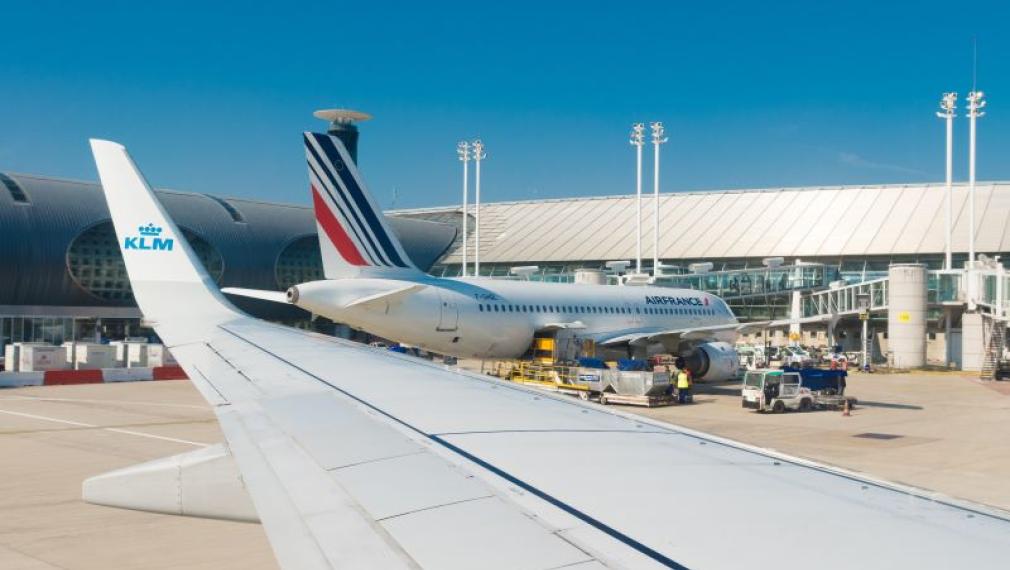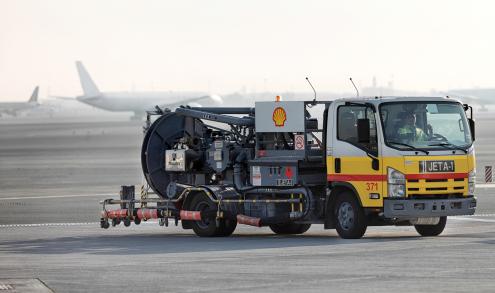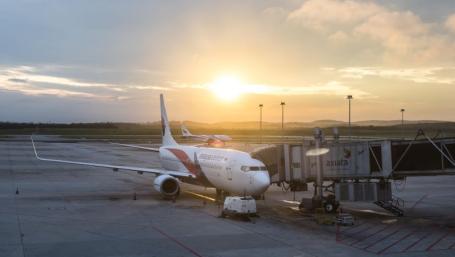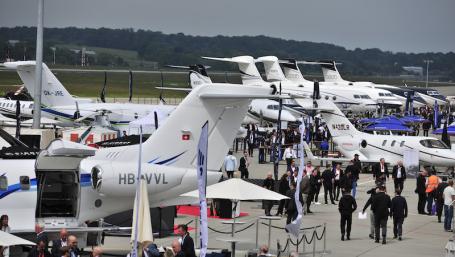Sustainable Aviation Fuel
With governments and airlines committed to decarbonizing aviation by 2050, innovative solutions are required and sustainable aviation fuels (SAF) could play a major role in meeting targets. IATA estimates that SAF could contribute around 65% of the reduction in emissions needed by aviation to reach net-zero in 2050. This will, however, require a massive increase in production in order to meet demand.
Latest News On Sustainable Aviation Fuels
May 31, 2023
Airline private equity group Indigo Partners has invested $50 million in U.S. sustainable aviation fuel (SAF) startup CleanJoule.
May 30, 2023
Daniel Iracane, a member of France’s Technology Academy, calls the product e-bio-SAF, where “e” stands for the electric power needed to produce hydrogen.
May 30, 2023
The move expands the current target for airlines to have at least 10% SAF in their total fuel uptake.
May 30, 2023
In one of the main changes, All Nippon Airways has set a goal of reducing total CO2 emissions by 10% or more by fiscal 2030, compared to fiscal 2019 levels.
May 26, 2023
Malaysian oil and gas giant Petronas Dagangan Berhad will supply the airline group with more than 230,000 tons of neat SAF beginning in 2027.
May 25, 2023
Carbon market experts are aiming to capitalize on growing demand for transparency within the business aviation sector.
May 25, 2023
Commercial airlines and others could out-maneuver business aviation in securing the limited global sustainable aviation fuel supply, EBACE attendees hear.
May 23, 2023
The proposed biorefinery at south Malaysia’s Pengerang Integrated Complex would produce HEFA/HVO, SAF and bionaphtha at a capacity of 12,500 barrels daily.









